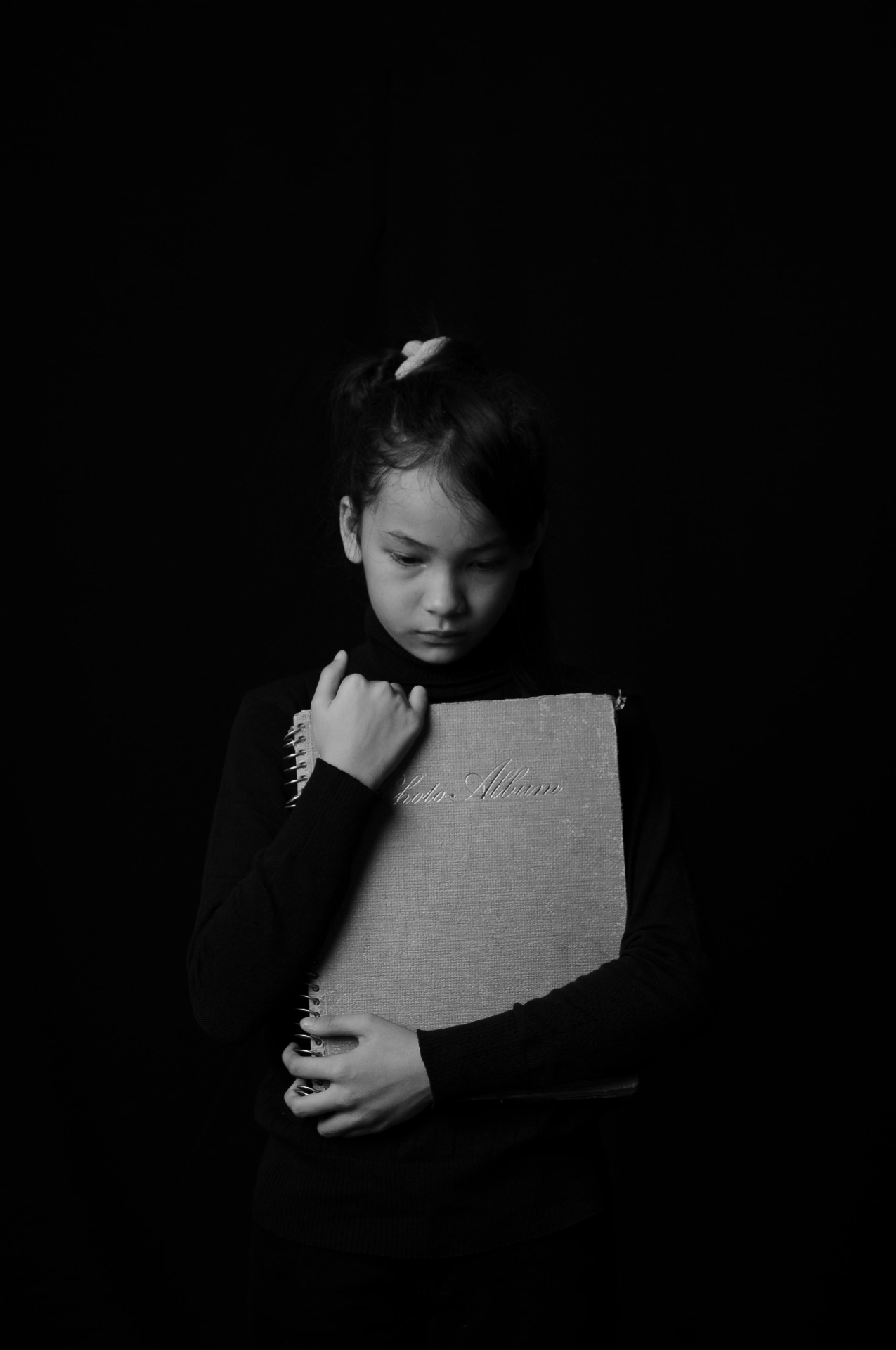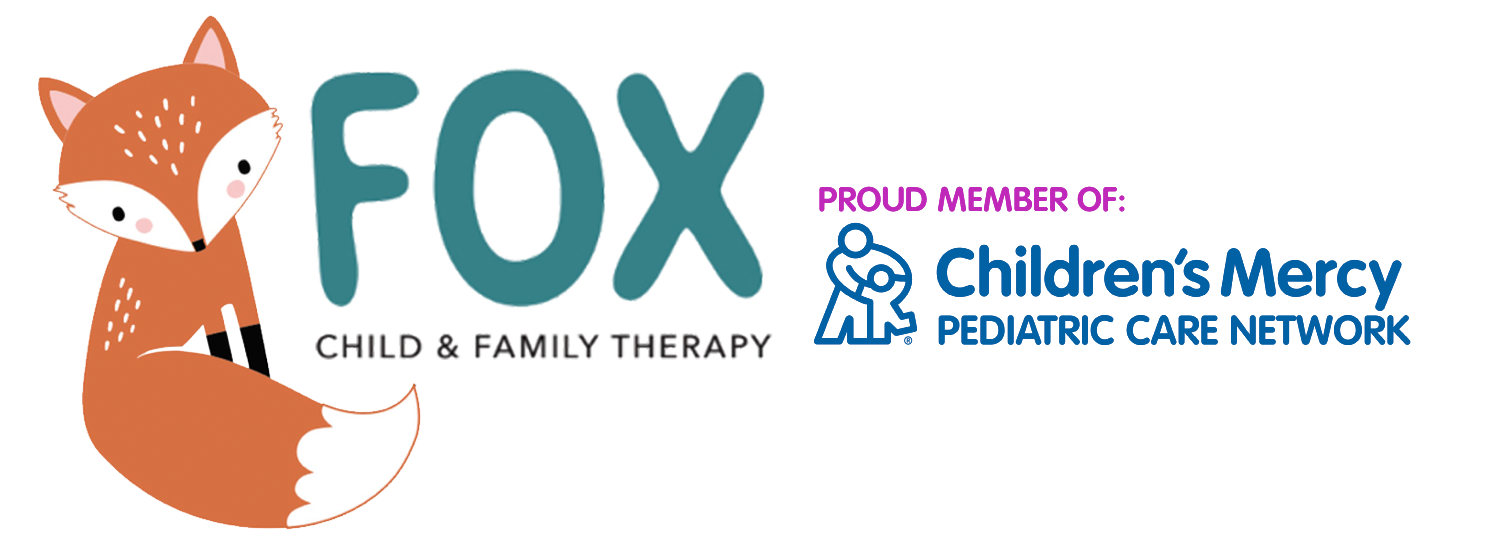What is Childhood Trauma?

Most people can’t remember every single detail from their childhood. Very few people can. In fact, most people can’t even remember what they had for lunch yesterday.
But even if your memories aren’t quite there, there may be a feeling like something is wrong. There may even be things from your past life that you can’t seem to shake.
Everyone has a past that is filled with both positive and negative life experiences. These experiences are what shape you into the person you are today.
Even if you’re happy with who you are and how far you’ve come, it’s okay to want a change, especially if memories and feelings from the past are starting to creep into daily life in unexpected ways. If you are suspicious there could be lingering trauma from your childhood, this article is for you.
Let’s learn more about childhood trauma.
What is Childhood Trauma?
Childhood trauma occurs whenever a child experiences any type of threatening or dangerous situation while they’re growing up. Trauma that is experienced isn’t the same for each person. Each person will have their own unique experience of trauma, even if multiple people experienced the same traumatic event.
The Cause
These are some of the most common types of traumas that someone may experience during childhood:
- Death of a loved one
- Discrimination
- Divorce or separation
- Domestic violence or abuse
- Emotional abuse
- Mental illness in the family
- National disaster
- Neglect
- Physical abuse
- Racism
- Sexual abuse
- Terrorism
The Signs and Symptoms
Individuals who experience childhood trauma often carry memories and feelings related to that trauma with them into and through their adulthood. Signs and symptoms may even show up later in life due to unresolved feelings and emotions related to that trauma. These are some of the most common signs and symptoms of childhood trauma or post-traumatic stress disorder in children:
- Anger
- Anxiety
- Avoidance of people, places, and things
- Behavioral changes
- Changes in eating habits
- Changes in grades or performance in school
- Difficulty concentrating or focusing
- Fear
- Hyperactive
- Irritability
- Overreacting
- Sadness
- Trouble sleeping
The Impact of Childhood Trauma
Childhood trauma can commonly lead to other mental illnesses like anxiety disorders, depressive disorders, obsessive-compulsive disorder (OCD), post-traumatic stress disorder (PTSD), and substance use and abuse, especially if it’s left untreated. Trauma doesn’t just stop at mental signs and symptoms, either. It can also show up physically.
Diabetes, cancer, heart disease, and suicide are known as adverse childhood experiences that are commonly associated with trauma. Childhood trauma can also negatively impact other areas of someone’s life, like their performance in school or extracurricular activities or the relationships that they form with others.
Treatment Options
If you’re struggling with unresolved childhood trauma, you’re not alone. The childhood trauma didn’t happen overnight, which means that resolving it will take longer than one day. It will require dedication and commitment to work through all those thoughts, feelings, and emotions you’ve carried with you all these years.
Fortunately, there are certain lifestyle changes you can make to begin the process of trying to better manage those signs and symptoms that you may be experiencing. Here are some of the many different ways to try to cope with your childhood trauma:
- Acknowledge your feelings
- Allow yourself to feel
- Be patient with yourself
- Do the things you love
- Eat a healthy and well-balanced diet
- Educate yourself on childhood trauma
- Move your body
While there are certain lifestyle changes you can make to help reduce some of the signs and symptoms of childhood trauma, one of the best forms of treatment is to seek additional support from a licensed and trained outside third party. Don’t delay getting the help you need any longer. Reach out to us today. Call 913-229-5691.

